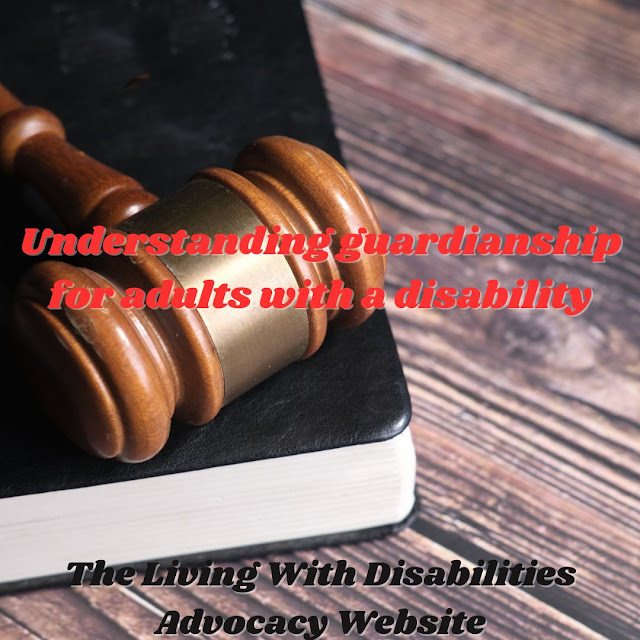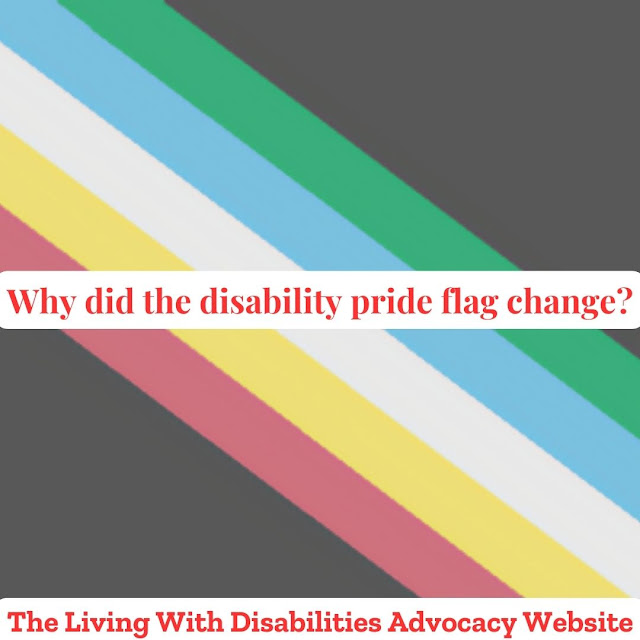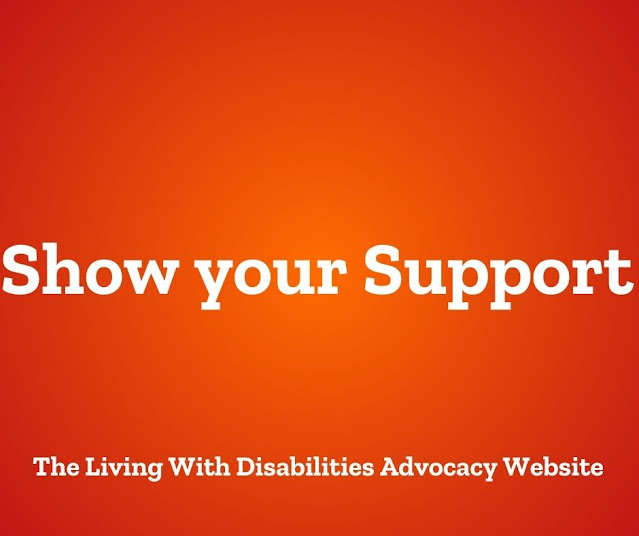Learning to accept myself
If you're a new visitor to this advocacy website, this page aims to increase public understanding of those with disabilities and other conditions.
We suggest you seek a licensed professional counselor or healthcare provider for anything you read on this site.
This week, Living With Disabilities will talk about the host coming out of self-abnegation and what it may feel like when a person is going through that stage in their life.
Living With Disabilities will take you through the stage of the host, Katrina Smith's self-abnegation phase, and when she finds her way through it. Before getting started, For those new to Living With Disabilities, this advocacy website speaks on different topics about disabilities. Civil rights are disability rights too, because each person with a disability is a person too.
When Katrina Smith's impairment first appeared, she was nine months old. In addition to her disability, she also experienced additional health issues. Panhypopituitarism is a disorder in which the pituitary gland secretes fewer hormones overall. There are various degrees of hypothyroidism. osteoporosis as well as grand mal seizures. At the age of 22, she was diagnosed with osteoporosis.
Katrina always felt that there was something peculiar about her, from her early years to adulthood. Despite leading a normal life, she sensed that something was wrong with her, and taking medicine every morning and evening was one way she figured it out. It worked like a self-recharging battery or an energy booster, giving her the strength to carry on. She compared the feeling to being inside a washing machine, where the water and machine motions move your body about, not in the sense of being washed clean by the water. By taking her medication regularly, Katrina considered it her "lifeline."
Katrina, who has a learning disability, used to start her day like any other person. She would wake up early, around 6 am, and get ready for school. She would wash her face, brush her teeth, and have breakfast while her mother helped her with her hair. The school bus service would take her to school, but on the rare occasion that she missed the bus, her mother would drive her. She knew that she had to be at school by 8 am, so she made sure to be up and prepared on time.
Katrina was an observant person who paid close attention to everything around her. Some might assume she compared herself to others, but in reality, she was trying to understand why certain things were happening and why others were not taking notice. Specifically, she was curious about drugs. She would often wonder, "Why am I taking this white pill, or whatever color it may be?" From her perspective, there was a problem that needed to be addressed.
As Katrina approached adolescence, things began to stick with her much more deeply than they had before. She knew that bullying and peer pressure awaited her in middle and high school, so she clung to certain concepts to protect herself. She was already feeling down about herself and didn't want to share her thoughts with others and make things worse. Although she sensed that something was off, she couldn't quite put her finger on it. At her school, there were two categories of students: regular students and "special education" students, as they were referred to.
When she was younger, she spoke up a lot, but as she got older, she became more reserved and only spoke when necessary. Even though she wanted to participate more in class, she found that staying quiet was the easiest way to get through it.
When did Katrina learn to let go of self-abnegation? When one of her guests on her program experienced a condition comparable to hers—more accurately, a math difficulty—she began Living With Disabilities in 2015. What mattered was not that the topic was related, but rather how they would inspire those who were coping with their condition. Here was Katrina making a space, aware that by doing so, she would enable many others who were in a similar situation to accept and even celebrate their condition. Additionally, they want society to see them for who they are as individuals before their disabilities.
Living With Disabilities was officially launched on March 31, 2015. However, it wasn't until weeks or even months later that Katrina was able to fully grasp the impact of her guest's inspiring words and break free from her self-abnegation. Katrina went through a process of accepting her impairment and learning to be honest with herself. Patients with learning disabilities have learned that having inner patience is crucial, despite setbacks.
People who are disabled or have medical ailments often find it difficult to accept who they are; this is comparable to people who are well but refuse to accept their situation. Accepting one's circumstances, including one's disability or conditions, is important even when persons with disabilities confront different situations than people without disabilities. Overcoming self-abnegations requires time and may also result by talking to someone about the associated ideas. Never, ever feel guilty for having those ideas. Allow them to in, and then release them. Remember that someone else has been there before and can help you get through it, so you are never alone.
Lastly, know that a person with a disability may go through depression, which can lead to suicidal thoughts. Whatever the case, maybe there is always help. Remember, you are never alone, and if you need medical advice, contact the Substance Abuse and Mental Health Services administrations at 1-800-662-Help-4357 or, for people who use American Sign Language, at 1-800-487-4889. The information given here is United States-based. If you need medical support in other countries, reach out to the International Suicide Hotline.
Living With Disabilities Presents: The Advocacy Table
a space created for people with disabilities to be able to have freedom of speech and talk on different topics surrounding the disability community. To get more details, check out The Advocacy Table. To become a panelist, Write into the show and let the host know what topic you want to talk about. She will then send out a group email to all panelists after the show has reached five or ten people. After the show, a survey will be emailed to you, and we would love to get your feedback.
If you need online support, Disability Safe Haven is great for receiving support. The We Care Team is very protective of its members and asks everyone who joins, to have a profile picture and answer the security questions.
Another online support, Living With Cerebral Palsy, is great for people with cerebral palsy and for family and friends who want to learn more about different types of cerebral palsy and how to support their loved ones who have it. This group has open and closing hours and a 24/7 chatroom. Open and closing hours are based on United States time zones.
To become a guest on Living With Disabilities
https://docs.google.com/forms/d/e/1FAIpQLScN0j1lThH8KaknxmeXIESTBC5NJWJjj9V0jubnYT5yMAffiw/viewform?usp=sf_link
Podcast Link
https://podcasters.spotify.com/pod/show/livingwithdisabilites/episodes/Learning-to-accept-myself-e2f6jeq




Comments
Post a Comment